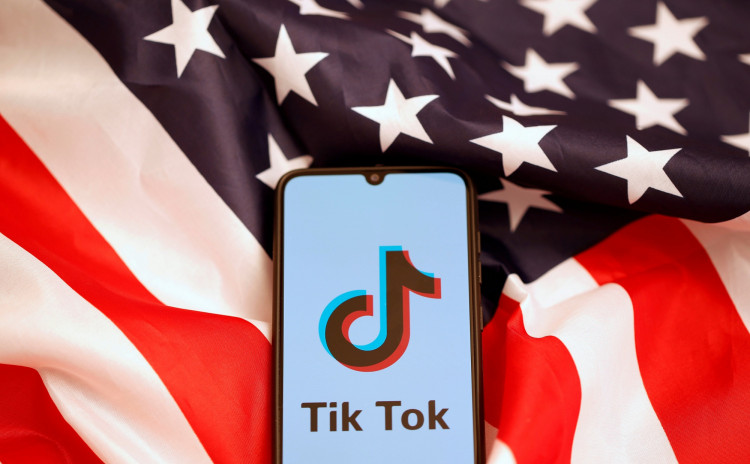As TikTok prepares to challenge the recently passed law that could potentially ban the app in the United States, Congress has already laid the groundwork for its defense against the anticipated court battle. In a rare 17-minute scripted conversation on the Senate floor, Sens. Maria Cantwell (D-Wash.) and Mark Warner (D-Va.) outlined the national security risks associated with the app, a move designed to preemptively counter TikTok's expected First Amendment challenge.
The tactic employed by Cantwell and Warner highlights the uncertainties surrounding the TikTok law, which demands that the app be sold by its Beijing-based owner, ByteDance, or face a ban from the U.S. market. TikTok has denounced the law as unconstitutional and has vowed to mount a swift and aggressive legal challenge on free speech grounds.
Legal experts suggest that the speed with which the law was pushed through Congress could bolster TikTok's case, particularly if a court determines that lawmakers failed to adequately consider the implications for free speech. Anupam Chander, a Georgetown University professor specializing in international tech regulation, cautioned that the legislative record on the TikTok law may be insufficient to justify "such a significant and unprecedented state intrusion on free expression."
The bill, which was added to a complex foreign aid package last week, never underwent a Senate hearing with public testimony. In the House, where a version of the bill originally passed in March, it had an unusually brief public hearing and markup, lasting less than an hour in total.
Cantwell, who had previously raised constitutional concerns about the March version of the bill, proposed the scripted floor remarks with Warner to ensure that their concerns would be on record for potential court cases. The colloquy emphasized that the law was intended as a national security policy rather than a punitive measure against a specific company.
"Congress is not acting to punish ByteDance, TikTok or any other individual company," Cantwell stated, adding that the goal was to "prevent foreign adversaries from conducting espionage, surveillance, maligned operations, harming vulnerable Americans, our servicemen and women, and our U.S. government personnel."
Despite these efforts, legal experts remain divided on the effectiveness of the floor remarks and record in bolstering the law's chances in court. Kate Ruane, director for the Center for Democracy and Technology's Free Expression Project, suggested that "it's not as good as having built a strong congressional record based on public evidence that this is absolutely necessary."
Meanwhile, ByteDance has refuted reports that it is considering selling TikTok, with a message posted on its Chinese social media service, Toutiao, stating that such reports are "untrue" and that the company has no plans to sell the app. This stance sets the stage for a clash between the technology companies and U.S. lawmakers over the future of the video app, which has raised concerns over ByteDance's ties to China and the potential sharing of U.S. user data with the Chinese government.
TikTok CEO Shou Zi Chew has vowed to fight the new law in the courts, asserting that "the facts and the Constitution are on our side" and expressing confidence that the company will "prevail again," referencing the successful blocking of Montana's attempt to ban the app in November by a federal judge.
As the legal battle over TikTok's future in the United States unfolds, the outcome remains uncertain. While some experts believe that the government has not publicly proven the national security threats posed by the app, others argue that the broad bipartisan support for the legislation demonstrates the mounting evidence that can no longer be ignored.






